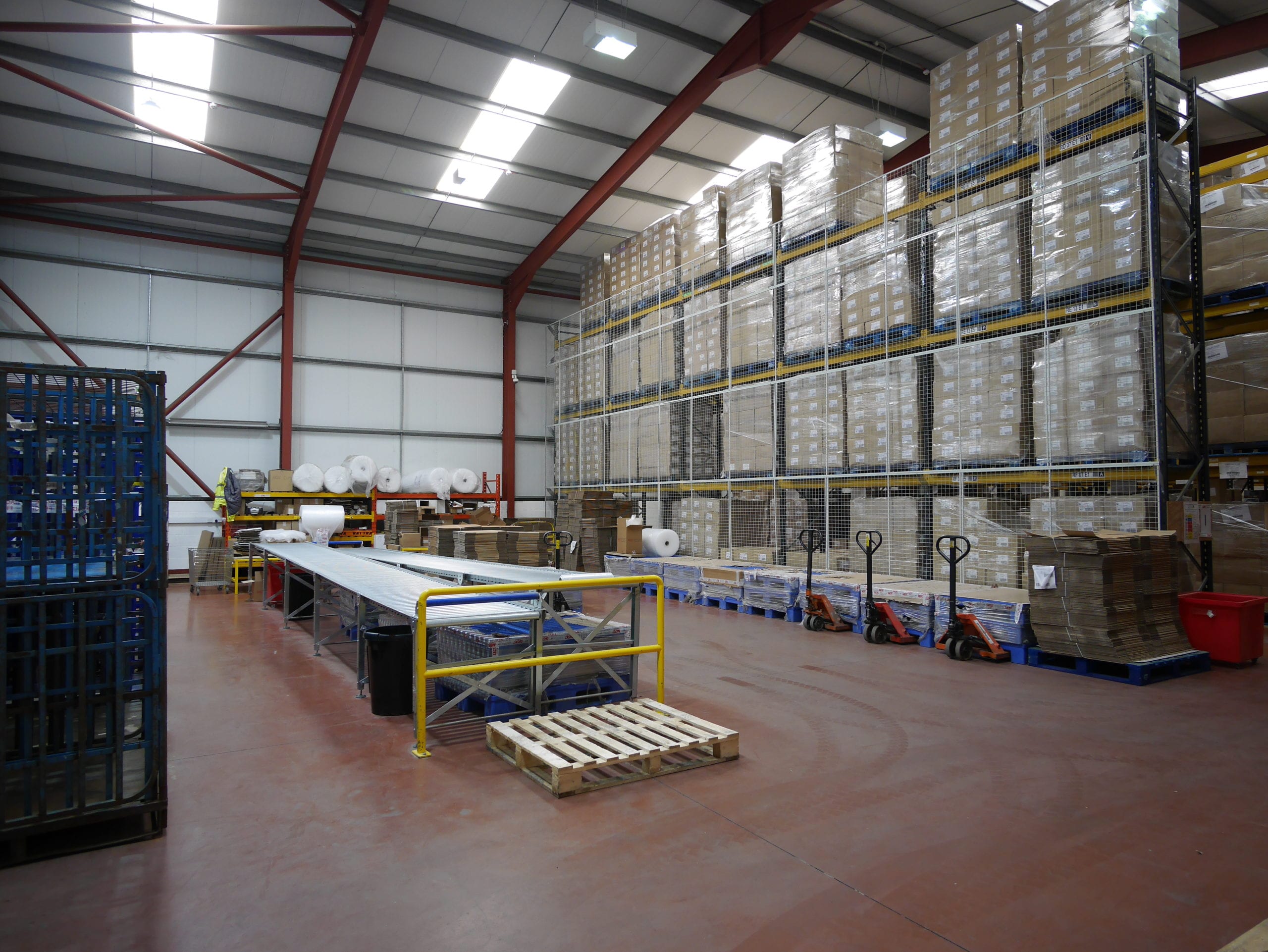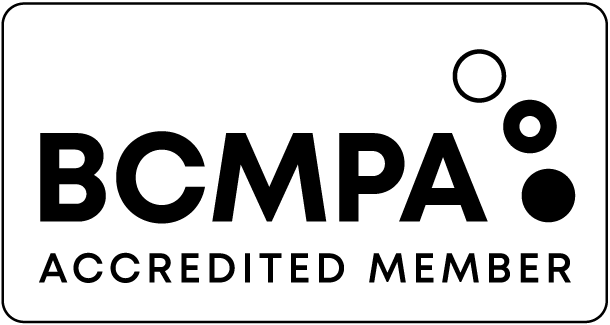
Running a warehouse comes with some tough tasks and decisions. Arguably one of the most important tasks is managing the warehouse itself. Warehouse organisation is important.
Organising is vital if you want to keep your warehouse on top form, running efficiently and with speed. How will you improve warehouse organisation? Bray Solutions have a few essential tips for warehouse organisation.
Before you proceed any further, let’s start a fresh. When deciding which storage options suit your business, you must have an idea of what it is you are storing. Sort through the products to ensure you have everything you need, rather than hoarding old products that are no longer required. Get rid of it. Make use of the valuable space!
Labelling and barcode verification is key to warehouse organisation. We often waste time looking for particular products, especially if their whereabouts is unknown. Ensure all information on storage is carefully noted, with labels in each storage area. Product names, descriptions, and perhaps even product images can save time and effort when finding an item. To learn more about the importance of Barcode Verification, check out our previous blog here
As well as general warehouse organisation, you might as well tackle health and safety while you’re at it. To prevent an incident from occurring and loss of products due to damage, you should consider arranging and your stock depending on weight. Always place the heaviest items on the bottom and the lightest above. This is an excellent way to improve efficiency and speed, especially if you do not have specialist warehouse machinery to do the job for you!
Shelves may seem like a simple addition to your warehouse organisation needs, however, if you’re finding it difficult to control your storage, the shelving you use could cause these issues. What kind of shelving are you using for your storage? The wrong type or size shelving can surprisingly affect your warehouse more than you think. Consider shelves that accommodate what you already have, rather than one size fits all.
In a warehouse situation, there is no question that you won’t need some form of pallet racks. These are special types of shelving that carry the heavy loads required for warehouse storage. If you have heavier products but no pallets, bulk storage racks will do the job. If budget is a concern, used warehouse equipment is a great solution for you. Take a look at our recent blog post on whether used or new warehouse equipment is best for your business.
Optimising your picking process is essential if you want to run a better system. Reshuffle your space and make sure to keep best selling products near the shipping area to avoid time wasted searching throughout the warehouse, especially if your workspace is huge. Label them clearly, and keep them organised for quicker, more efficient picking.
Are there specific items your customers tend to buy together? It makes sense to pair them together in the warehouse. Analyse order data to decipher which products are most popularly purchased together and decrease picking time by placing them side by side.
Your staff tend to spend more time in the warehouse than in their homes, make sure you honour that and take into consideration their opinions and thoughts on the process of warehouse organisation. After all, they know exactly what works and what doesn’t when they are in the environment most days. They will be a great help!
A bigger warehouse will most likely use a warehouse management system (WMS) to keep up with warehouse organisation. While it’s considered an expensive investment, it is also a smart one. Especially when the warehouse works with a mass of machinery and different shipment companies using individual systems. A good WMS will notify online customers of accurate stock information when shopping, improving your online visibility and customer loyalty.
A lot to take in? Consider outsourcing. There comes a time when most retailers will look towards their next period of growth and expansion. Our previous blog ‘How Much Does a Warehouse Cost V Outsourcing to Warehouse Management Company?’ will help you consider the pros and cons of each.







We integrate with a number of different systems.
Get in touch to find out how we can help.